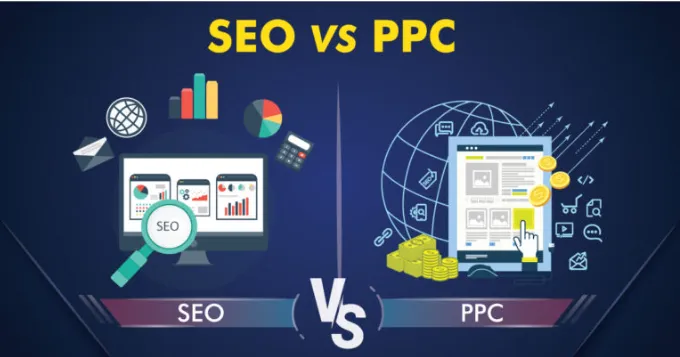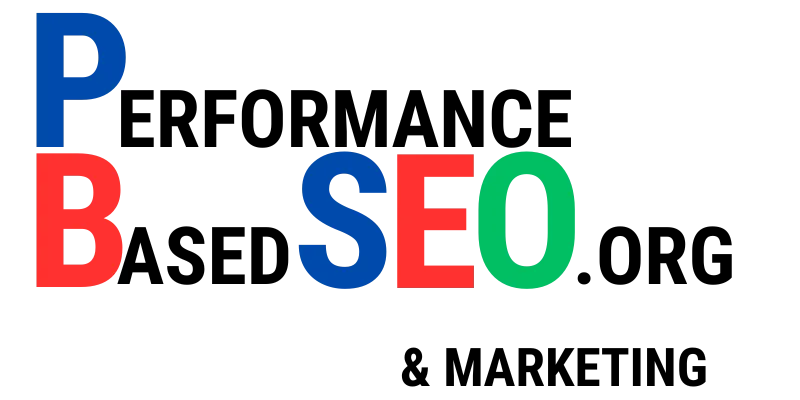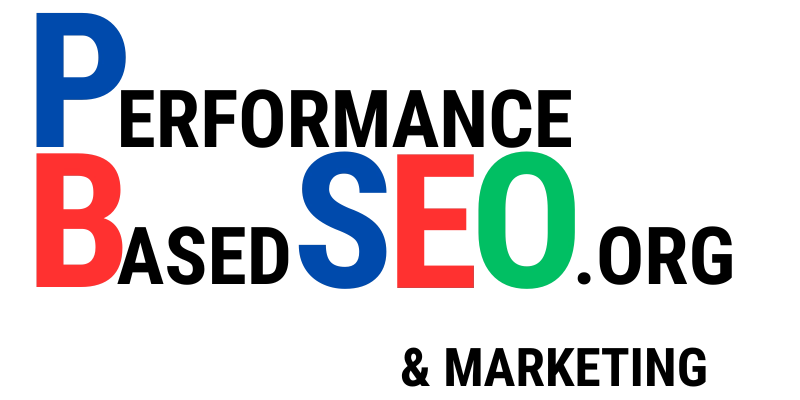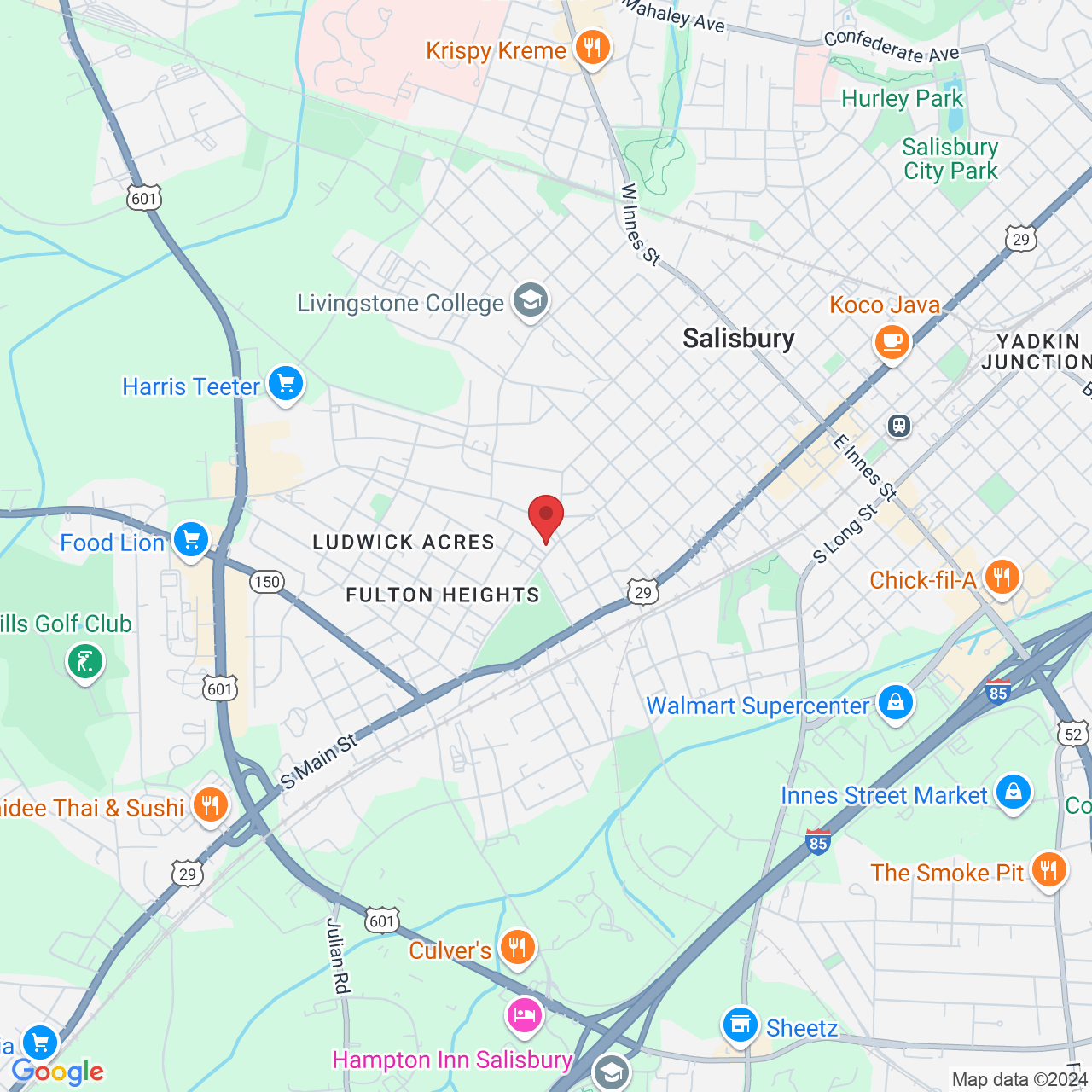Integrating SEO and PPC for Maximum Impact
Integrating SEO and PPC for Maximum Impact: A Performance-Based Approach

In today's digital landscape, achieving high visibility on search engine results pages (SERPs) is crucial for businesses looking to succeed online. Two powerful strategies that can significantly impact your online presence are Search Engine Optimization (SEO) and Pay-Per-Click (PPC) advertising. While these strategies are often seen as separate entities, integrating SEO and PPC can lead to maximum impact, especially when approached with a performance-based mindset.
Understanding SEO and PPC
Before delving into the integration of these strategies, it's essential to understand the core principles of SEO and PPC.
SEO (Search Engine Optimization): SEO is the process of optimizing your website to rank higher in organic (non-paid) search results. It involves on-page and off-page techniques such as keyword optimization, content creation, link building, and technical improvements to enhance your website's visibility to search engines like Google.
PPC (Pay-Per-Click): PPC advertising, on the other hand, is a paid advertising method where advertisers pay a fee each time their ad is clicked. It allows businesses to display their ads prominently on SERPs, typically above or below organic search results. Popular platforms for PPC include Google Ads and Bing Ads.
1. Keyword Insights
Both SEO and PPC research involve identifying relevant keywords for your business. Integrating the two strategies allows you to gain comprehensive insights into which keywords are driving organic traffic through SEO and which are converting well through PPC campaigns. This data-driven approach helps you focus your efforts on high-performing keywords.
2. Enhanced Visibility
By running PPC ads for keywords where your website already ranks well organically, you can occupy more real estate on the SERPs. This increases your visibility and reinforces your brand's presence, making it more likely for users to click through to your website.
3. Testing and Optimization
PPC provides a valuable testing ground for various elements such as ad copy, landing pages, and calls to action. The insights gained from PPC testing can be applied to your SEO strategy, helping you optimize your website for higher conversions.
4. Improved Quality Score
Google Ads, the leading PPC platform, uses a metric called Quality Score to assess the quality and relevance of your ads and landing pages. A high-Quality Score can lead to lower PPC costs and better ad positions. A well-optimized website from an SEO perspective contributes to a higher Quality Score, making PPC campaigns more cost-effective.
Performance-Based SEO and PPC Integration
The integration of SEO and PPC can be taken to the next level with a performance-based approach. Here's how to do it:
1. Set Clear Goals
Begin by establishing specific, measurable, and time-bound goals for your integrated strategy. Whether it's increasing website traffic, boosting conversions, or improving ROI, having well-defined objectives is essential for assessing performance.
2. Data-Driven Decision Making
Utilize data analytics tools to track the performance of your SEO and PPC campaigns. Measure key performance indicators (KPIs) like click-through rates (CTR), conversion rates, and return on ad spend (ROAS). Adjust your strategy based on the data to maximize results.
3. Unified Reporting
Create a unified reporting system that provides a holistic view of your SEO and PPC performance. This allows you to identify correlations, trends, and opportunities for further optimization.
4. Collaboration and Communication
Foster collaboration between your SEO and PPC teams or agencies. Regular communication ensures that both sides are aligned with the overarching goals and can share insights that drive improvements.
5. Continuous Optimization
The digital landscape is dynamic, and what works today may not work tomorrow. Embrace a culture of continuous optimization, where you test, learn, and adapt your integrated strategy to stay ahead of the competition.
Case in Point: Integrating SEO and PPC for E-Commerce
Let's consider an e-commerce business looking to boost its online performance. By integrating SEO and PPC effectively, they can achieve outstanding results.
Keyword Synergy: The business identifies high-converting keywords through PPC campaigns. They optimize their product pages for these keywords through SEO, resulting in improved organic rankings.
Adaptive Budget Allocation: During peak seasons, the business allocates more budget to PPC campaigns to capture increased demand. In contrast, during slower periods, they shift focus to SEO to maintain a strong online presence.
Remarketing Strategies: Users who visit the website through PPC ads but don't make a purchase are retargeted through SEO-driven content, such as blog posts and email campaigns, to nurture them toward conversion.
Conclusion
Integrating SEO and PPC for maximum impact is not just a trend; it's a performance-based strategy that can drive exceptional results. By leveraging the strengths of both approaches, businesses can enhance visibility, optimize budgets, and improve overall online performance. The key to success lies in setting clear goals, analyzing data, fostering collaboration, and adapting to the ever-evolving digital landscape. When executed effectively, the synergy between SEO and PPC becomes a potent force in the world of digital marketing.
Remember, in the realm of online marketing, the integration of SEO and PPC isn't just a choice; it's a competitive advantage that can propel your business to new heights.
GET A FREE QUOTE TODAY
Request a Call for Additional Information

ABOUT US
Founded in Salisbury, NC, Performance Based SEO has intertwined its roots deeply with the community for over 15 years.
Contact Us
Address:
1012 S Fulton Street
Salisbury, NC 28144
Phone Numbers:
Tel: 813-345-4097
Text: 813-345-4097
Business Hours:
Monday - 8:00am - 8:00pm
Tuesday- 8:00am - 8:00pm
Wednesday - 8:00am - 8:00pm
Thursday - 8:00am - 8:00pm
Friday - 8:00am - 8:00pm
Saturday - 8:00am - 8:00pm
Sunday - Closed


